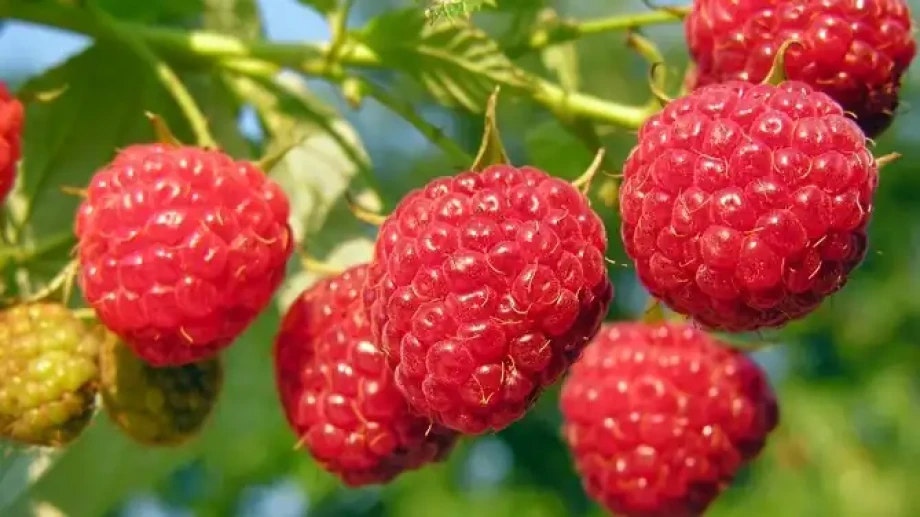Researchers at Cranfield University have published the first peer-reviewed study demonstrating successful DNA-free CRISPR-Cas9 editing in red raspberry. By modifying single plant cells from sterile microplants, the team aims to accelerate the development of new cultivars and reduce postharvest losses linked to grey mold and other challenges.
The study highlights how DNA-free CRISPR technology enables precise genome edits without introducing foreign genetic material. This means future raspberry varieties developed through this method would remain genetically indistinguishable from traditionally bred plants, preserving their non-GMO status while significantly shortening breeding timelines.
Precision without foreign DNA
One gene targeted by the researchers, NPR1, is known to enhance resistance to grey mold in tomatoes. Since Botrytis is a major cause of raspberry spoilage, editing this gene could improve fruit shelf-life and reduce retail shrinkage. Precision breeding techniques, the authors note, are increasingly important for tackling food waste and improving sustainability.
A major remaining challenge is regenerating whole raspberry plants from edited cells, a process far more complex in raspberry than in crops like rice or tomato. Even so, the findings mark a promising step toward faster, more resilient raspberry varieties and could eventually allow breeding cycles to shrink from over a decade to roughly one year.
Text and image source: freshfruitportal.com








